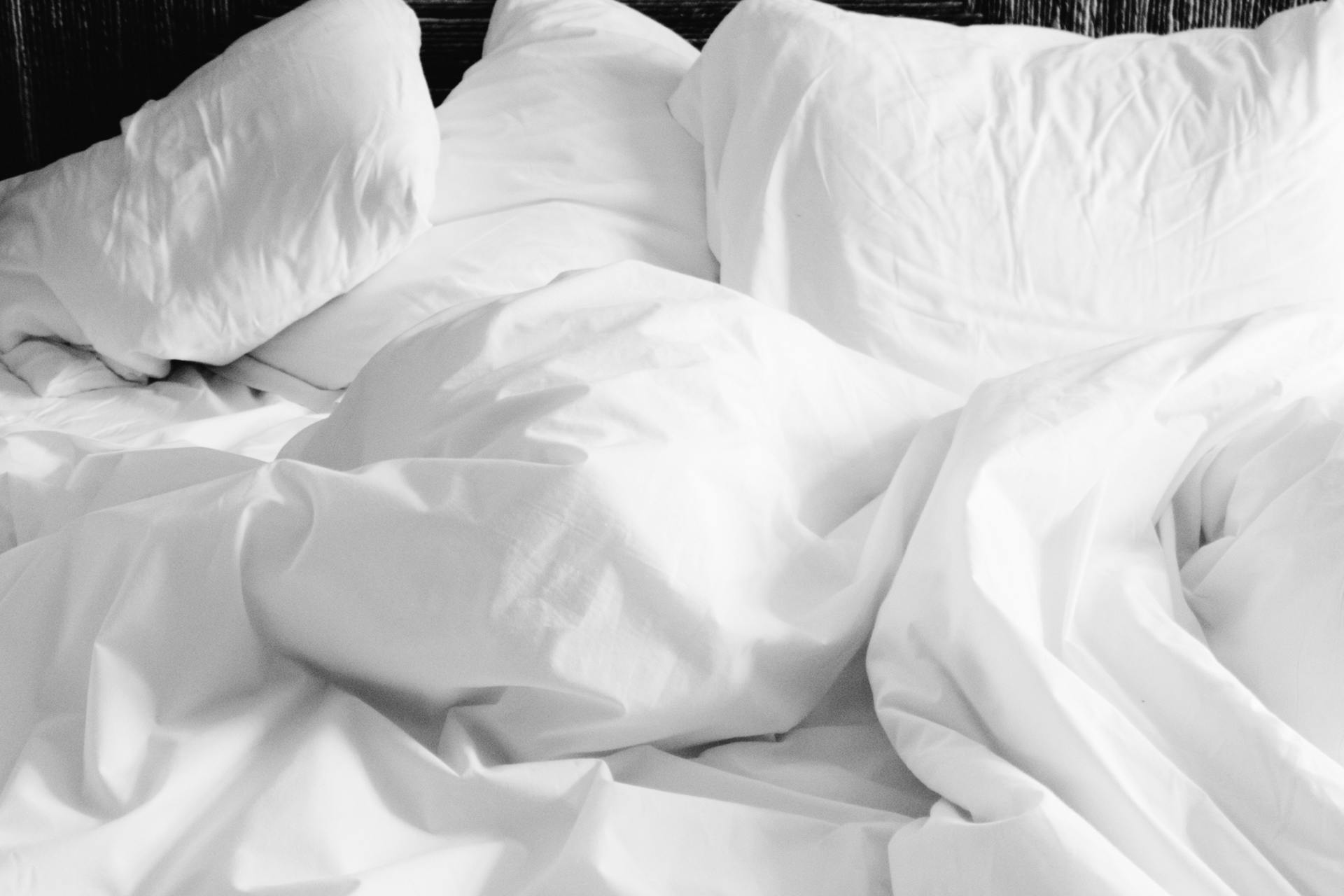Difficulty falling asleep, waking up at night, or even feeling tired upon waking... A majority of people are affected by sleep disorders of varying severity. Given this high prevalence, understanding the nature and origin of these disorders is essential to regaining normal sleep cycles.
This article summarizes the multiple aspects of sleep disorders, their causes and the symptoms observed , as well as the existing solutions for regaining restful sleep.
The different sleep disorders
Sleep disorders are defined as alterations in the quantity, quality, or rhythm of sleep. They are often classified into 3 distinct groups:
- Dyssomnia: These include sleep deficiencies ( insomnia ) and circadian rhythm disorders ( sleep-wake rhythm ). These are the most common disorders that disrupt the quality and duration of sleep. This results in difficulty falling asleep, staying asleep, or getting quality sleep.
- Parasomnic disorders include various abnormal manifestations during sleep, without direct effects on daytime alertness. These include nightmares, night terrors, sleep apnea, and bruxism (teeth grinding).
- The third category includes hypersomnia disorders, which are manifested by excessive sleepiness during the day, despite sufficient sleep duration.
What are the symptoms of Sleep Disorders:
Sleep disorders manifest as a variety of symptoms that disrupt the natural sleep cycle. These symptoms will vary depending on the type of disorder.
Symptoms related to dyssomnia:
For dyssomnia, the most common symptom is insomnia , which affects approximately one in three people. It can be temporary, linked to a one-off episode, but also chronic when it occurs regularly more than three times a week.
Other common symptoms include inability to fall asleep quickly and nighttime awakenings.
Symptoms related to parasomnic disorders:
Often, they manifest as recurring nightmares , disrupting sleep and potentially causing significant distress in the individual.
However, in some cases, symptoms can be more subtle and difficult to detect, such as sleep apnea. This disorder is characterized by involuntary pauses in breathing during sleep, often accompanied by loud snoring and body movements. These symptoms can lead to sleep fragmentation and excessive daytime sleepiness, thus affecting the quality of life and overall health of the affected person.
Insomnia, night waking, what are the causes?
Sleep disorders can result from a variety of factors, including genetics, environmental factors, and behavioral factors. Some of the most common include:
- Chronic stress
- Anxiety
- Depression
- Irregular sleep patterns
- Consumption of stimulants such as caffeine and alcohol.
- Dietary imbalance
- Age
Certain illnesses can also cause these disorders. This is particularly the case with sleep apnea or restless legs syndrome, which can contribute to the disruption of the natural sleep cycle.
The different impacts of Sleep Disorders:
Sleep disorders have a significant impact on physical and mental health.
Physical consequences include an increased risk of cardiovascular, metabolic and neurological diseases, as well as decreased immune function.
On a mental level, sleep disturbances are associated with mood disorders such as anxiety and depression, as well as impairments in cognitive functions such as memory and concentration.
Additionally, these disorders can compromise overall quality of life, affecting performance, social relationships, and general well-being.
Solutions to implement to reduce the problems
As explained in our article on 8 tips to help you sleep better , treating sleep disorders often requires a combination of several daily actions.
This is the first step to take before considering medical solutions.
The following advice can be given in particular:
- Turn off screens at least 1 hour before you want to fall asleep (special attention for children)
- Practice regular physical activity during the day;
- Lighten evening meals for easier digestion,
- Limit the consumption of stimulants (caffeine or theine, alcohol, tobacco, etc.)
- Maintain regular bedtimes, if possible, to synchronize the production of melatonin, the sleep hormone
If this is not enough, you can also consider taking a melatonin-based food supplement to help you get a deeper sleep.
Treatments for sleep disorders
If the problems persist despite applying the above hygiene rules, you should consult your doctor for a thorough diagnosis and a curative strategy taking into account all your personal parameters.
Recurring sleep disorders are risk factors for other pathologies; they must not be allowed to take hold and worsen!
 04 74 03 98 80
04 74 03 98 80










